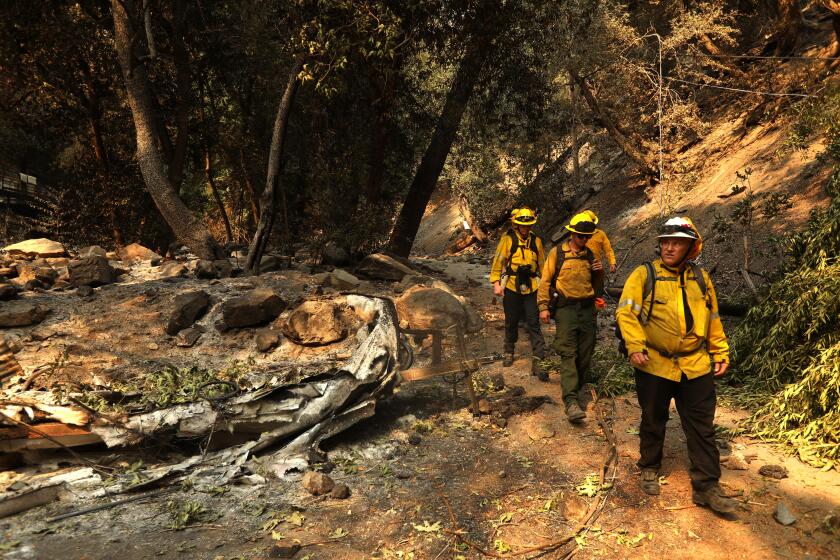Sunderland’s recklessness put other sailors at risk
Now that Abby Sunderland is safe and sound and the major part of the hullabaloo about her distress and rescue has died down, I would like to weigh in with some thoughts from the perspective of 36 years at sea, with 18 of them spent as captain and chief mate of a number of container ships.
I am not going to speak to the question of Mr. and Mrs. Sunderland’s parental wisdom — or lack thereof — in encouraging, allowing, and facilitating Abby’s ill-conceived voyage. I’ll leave that to the psychologists and social workers.
I do want to address the Sunderlands’ irresponsibility toward fellow sailors in allowing Abby to go to sea so ill-prepared to handle an emergency on her own. The fact that Abby was dismasted with no spare mast on board — and without the means or the personnel to erect one even if she did have a spare —highlights the lack of preparation made to meet reasonably possible emergencies with her own resources. This lack of preparation was bad enough, but then for Abby to be sailing so far offshore in waters notoriously severe that she was unable to motor to the nearest port on her own brings this whole venture well into the realm of irresponsible recklessness.
In spite of the Sunderlands statements regarding their desire to encourage their children to be independent, fearless adventurers, it is obvious the Sunderlands’ primary plan to deal with an emergency was to immediately call for help from the world’s search and rescue services. So much for teaching your children independence and self-reliance.
Unfortunately, a call to the various rescue services all too often ends up being tasked to merchant ships and their sailors, just as it was in Abby’s case when a French fishing vessel was dispatched to her aid. Setting aside the fact of the formidable costs involved in mounting a rescue, I wonder if the Sunderlands have ever given any thought to the dangers and hazards faced by rescuers going after someone. The decision to place members of my crew in danger so as to rescue some ill-prepared single-handed yachtsman was not one that I relished. Trying to bring someone on board when the seas are running high is very dangerous to all involved.
Don’t forget that rescue ships are often required to venture into dangerous waters and conditions — waters and conditions that the captain’s good judgment and seamanship would otherwise tell him to stay out of. What if the French fishing vessel was running to stay out of the seas and storms that ended up dismasting Abby’s boat, only to be told to turn around and go back into them? What dangers did these fishermen unnecessarily face to rescue Abby, who, by the fact of her dismasting, obviously had no business being out where she was? I wonder what the Sunderlands would say to the families of any of these sailors or the crew of the airliner that flew out to locate Abby if any of them had been killed or injured in the attempt.
I hope the Sunderlands will in the future show more sense and some good seamanship in these ventures. Better contingency planning would be a big help. Lacking that, I hope they and their sponsors will see fit to pay for and send a seaworthy, well equipped support vessel along on the voyage of their next child. If that doesn’t suit their sense of adventure, I would encourage them to post a $200 million dollar bond to cover the expenses of the next rescue.
I further hope the Sunderlands will use whatever profits they may make from any TV or book deals they come up with to reimburse the Australians and the French fishing boat owners and crew for their expenses. In all fairness, the rest of us, whomever we may be, should not have to bear the cost and the brunt of their ill-conceived larks.
Sean Dolan is a Merchant Marine captain.
Sign up for The Wild
We’ll help you find the best places to hike, bike and run, as well as the perfect silent spots for meditation and yoga.
You may occasionally receive promotional content from the Los Angeles Times.



